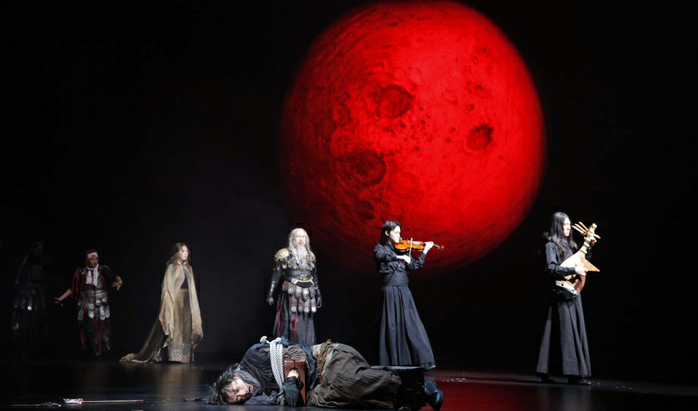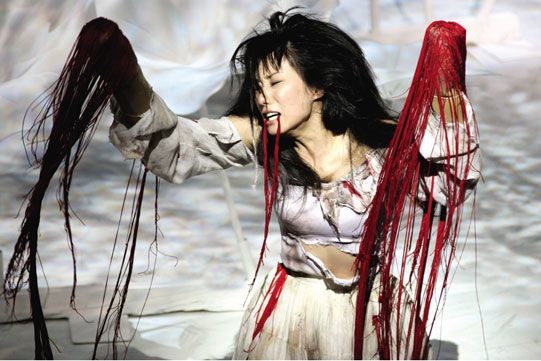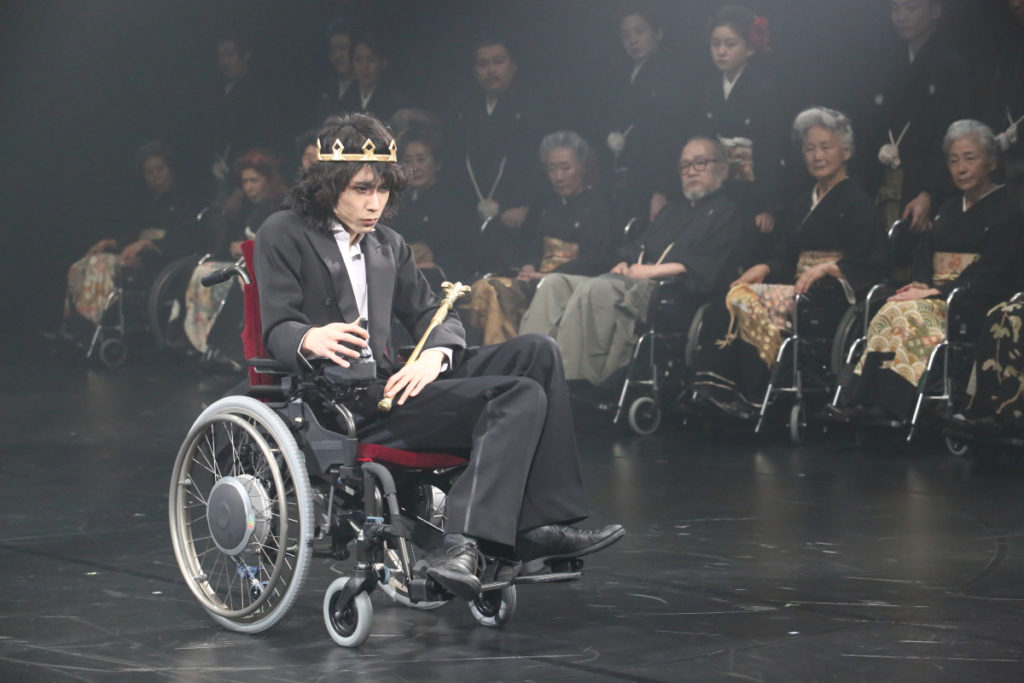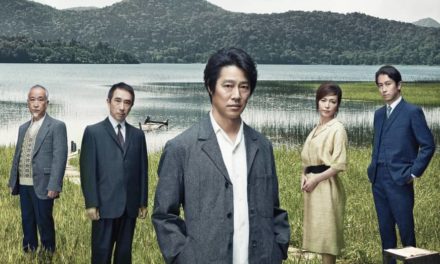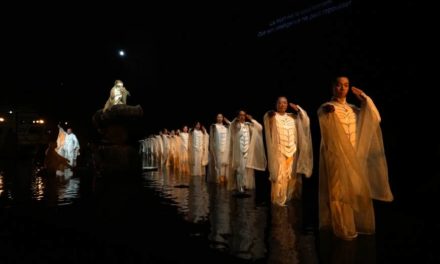On May 12 last year, theater fans all over the world began mourning the death of one of Japan’s greatest directors, Yukio Ninagawa, who passed away from pneumonia at the age of 80.
A native of Saitama Prefecture, where he was the artistic director of its Arts Theater in the city of Saitama’s Omiya district, Ninagawa was known as the leading figure in Japanese contemporary theater at the time of his death.
With works extending from the Greek tragedies Medea and Electra to modern pieces such as Shuji Terayama’s Shintokumaru (“Poison Boy”) and a fantastically visual dramatization of Haruki Murakami’s novel Kafka on the Shore, Ninagawa was one of the few foreigners to be awarded an Order of the British Empire by Queen Elizabeth for his many, frequently very Japanese contributions to the art of William Shakespeare, of whose 37 plays he staged 31.
Despite his fame and slight frame, though, Ninagawa loved his work so much that he’d present one play after another, year after year both at home and abroad, often casting young pop singers or ikemen (good-looking) actors in them as he strove to improve theater’s position in Japanese society.
Meanwhile, in her tribute to Ninagawa when she had learned he had died, one of his closest business colleagues, the English producer Thelma Holt, contributed a message on his death stressing the importance of “passing on his great heritage to rising generations.”
This article was first posted on TheJapanTimes.com Reposted with permission. To read the original article, click here.
This post was written by the author in their personal capacity.The opinions expressed in this article are the author’s own and do not reflect the view of The Theatre Times, their staff or collaborators.
This post was written by Nobuko Tanaka.
The views expressed here belong to the author and do not necessarily reflect our views and opinions.

